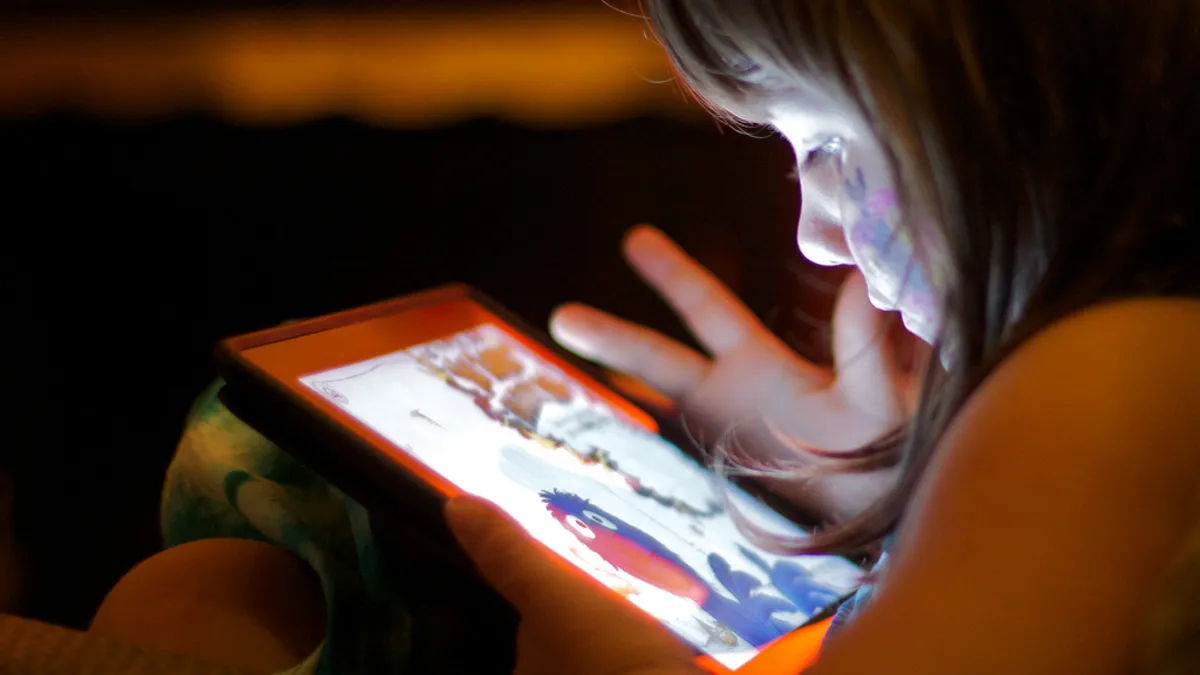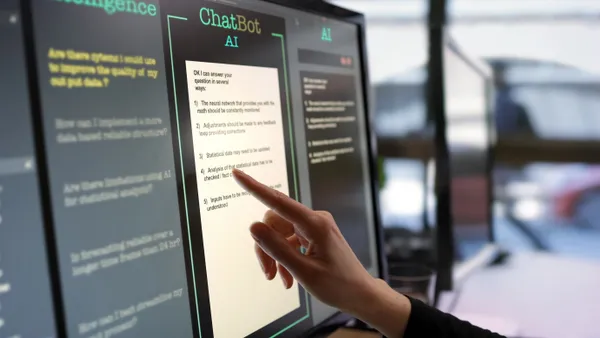Dive Brief:
-
Two Indiana virtual charter schools — Indiana Virtual School and its sister school, Indiana Virtual Pathways Academy — are accused of including thousands of students in their enrollment numbers who never signed up for or completed any classes, and their charter agreements could be revoked by their home district and overseer, Daleville Community Schools, unless they find another authorizer, Chalkbeat reports.
-
In fall 2016, none of the 2,372 students who reportedly attended Indiana Virtual School for the full year actually earned any credits, and one out of five students enrolled were never signed up for any classes. The district has also accused the schools of not providing accommodations for students with disabilities or filing required audits.
-
The superintendent of the two schools is denying the allegations, while state lawmakers are taking action to address such problems in the state’s fast-growing virtual school environment — though some believe the problems reveal a lack of accountability at the state level.
Dive Insight:
School choice remains a hotly debated topic, yet the popularity of virtual schools is soaring despite the space being rife with scandals.
For example, in January 2018, the virtual charter school Electronic Classroom of Tomorrow abruptly closed, and two Ohio Department of Education reviews from 2016 and 2017 showed it had overbilled taxpayers $80 million for thousands of students it couldn’t show were meeting the department’s enrollment standards.
Pennsylvania’s virtual charter schools have only a 48% graduation rate. Critics claim one of the problems is that success in these schools depends on a student’s academic ability and/or the parent’s ability to keep their children on track.
Critics of virtual charters claim the schools lack accountability. A 2015 study of 200 online charter schools educating 200,000 students in 26 states found students who received instruction exclusively via the internet had significantly weaker academic performance in math and reading. The study also found virtual students suffered from larger class sizes and received far less attention from teachers than students educated in traditional classrooms. Charter operators claim the study was flawed, noting that virtual charter schools often include students who have trouble in traditional schools.
As the number of states addressing issues with the model increases, however, the idea of more stringent oversight is likely to gain popularity at both state and federal levels.













